Why one professor live-streamed lectures for free on social media
The lectures, part of a special class about Viola Desmond, were streamed on Facebook Live.
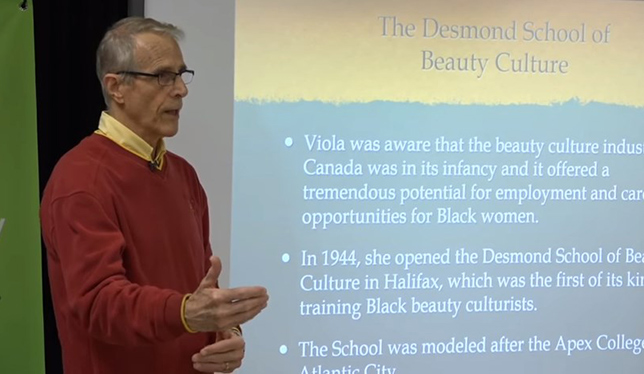
Graham Reynolds is the first to admit that he’s not an expert when it comes to Facebook, but when he was given the opportunity to live-stream three of his university lectures about Viola Desmond on the site, he saw just how innovative this platform could be.
Dr. Reynolds is a professor emeritus at Cape Breton University who says he’s still got enough life left in him to teach a course called “Viola Desmond’s Canada.” The course was taught in class at the campus in Sydney, Nova Scotia, but three lectures were streamed for the public on Facebook Live between September and November last year. They focused on the life and impact of Ms. Desmond, a Black woman who has become a symbol of civil rights in Canada for refusing to give up her seat in a white-seating area of a movie theatre in New Glasgow, N.S., in 1946. She will become the face of Canada’s $10 bank note this year.
Dr. Reynolds says that live-streaming and publishing lectures online gives people who are unable to attend CBU, or another university, the chance to learn.
“This is a way to deliver courses to a broader audience; people who for whatever reason, can’t access the university but are looking for the kind of content these courses are offering,” he says. “They can do this in their own homes.”
https://youtu.be/abhNIedy16I
According to Dr. Reynolds, the first live-streamed lecture on September 26 attracted around 1,200 views. The videos are now archived on YouTube so they can be watched any time. He says CBU first used live-streaming to deliver free university lectures two years ago, sharing several classes from Stephen Augustine on Indigenous knowledge, called “Learning from Knowledge Keepers of Mi’kma’ki.” Dr. Reynolds says the university has been working hard on creating more online content since then.
In fact, these published lectures are only a snippet of CBU’s development in open online learning. The university is currently offering six online video-based courses through its website. Participants have the option to take one of these courses without credit at no cost, to take the course for credit at full course cost, or to take the course at a reduced cost to receive a certificate of participation. Dr. Reynolds will adapt his course on Ms. Desmond for this format in January 2019.
“For me, this is a legacy course,” he explains. “This is something that will be available as long as there’s a YouTube site that’s willing to hold the file.”
Featured Jobs
- Education - (2) Assistant or Associate Professors, Teaching Scholars (Educational Leadership)Western University
- Psychology - Assistant Professor (Speech-Language Pathology)University of Victoria
- Business – Lecturer or Assistant Professor, 2-year term (Strategic Management) McMaster University
- Canada Excellence Research Chair in Computational Social Science, AI, and Democracy (Associate or Full Professor)McGill University
- Veterinary Medicine - Faculty Position (Large Animal Internal Medicine) University of Saskatchewan





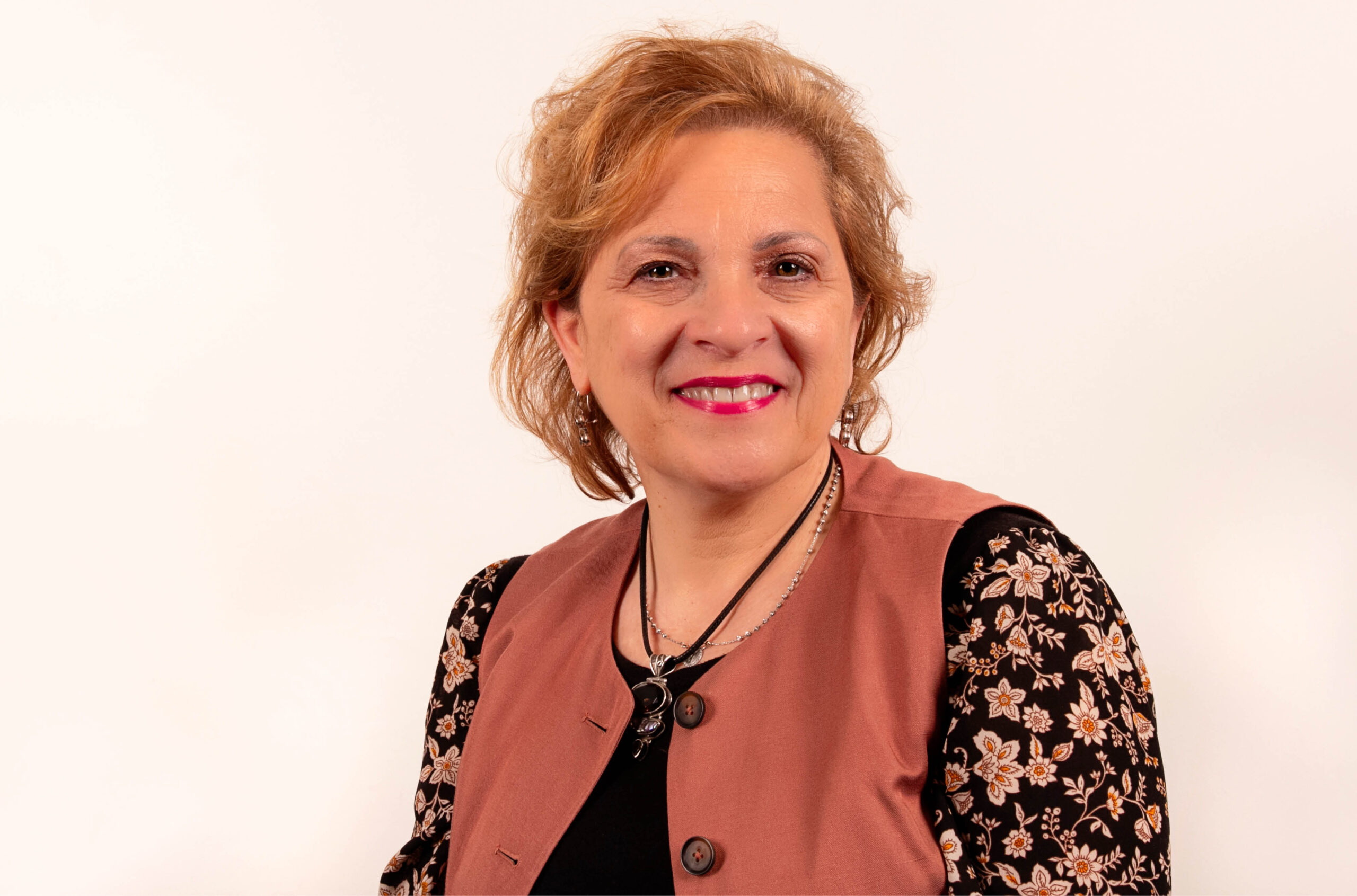
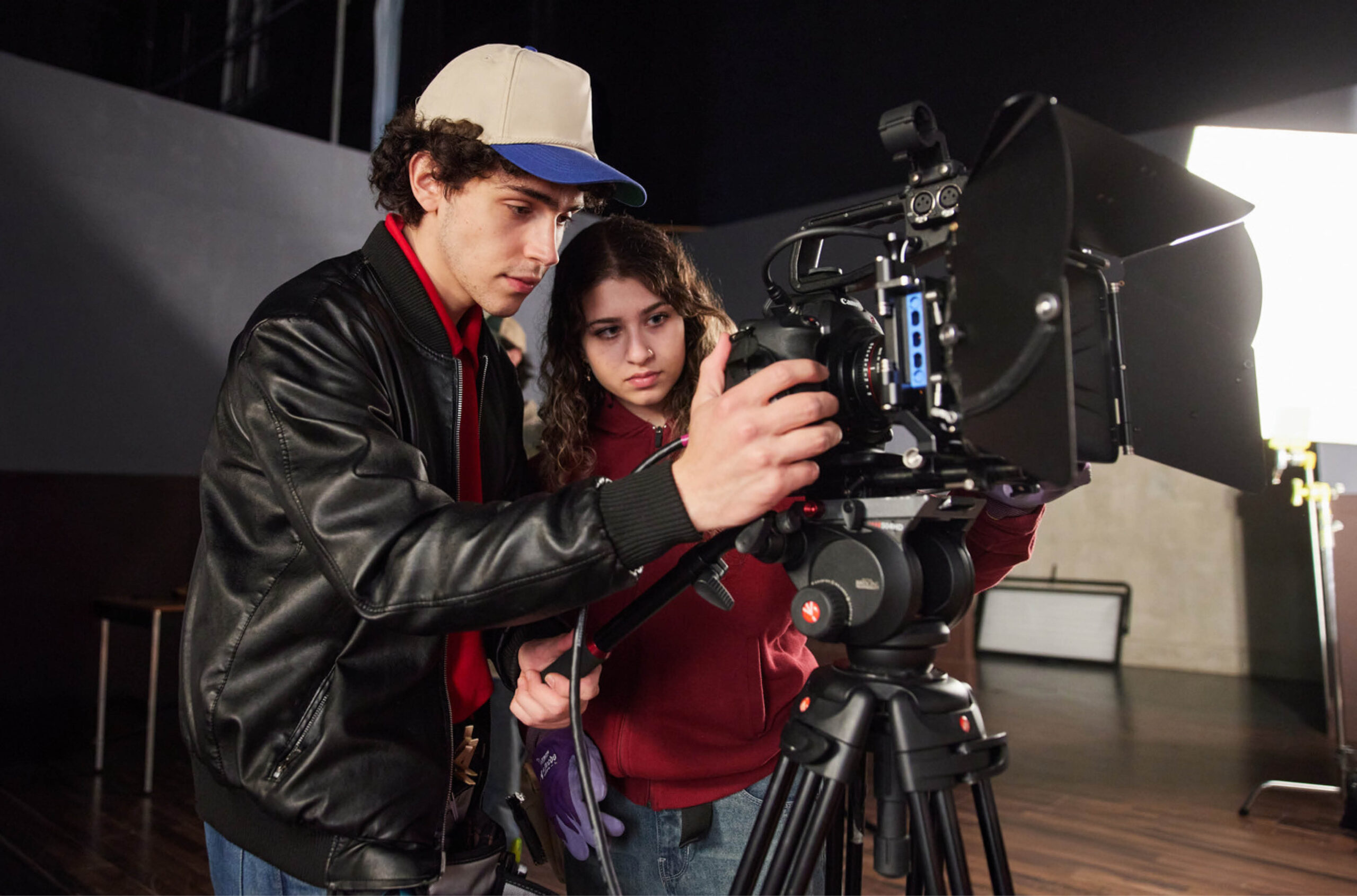
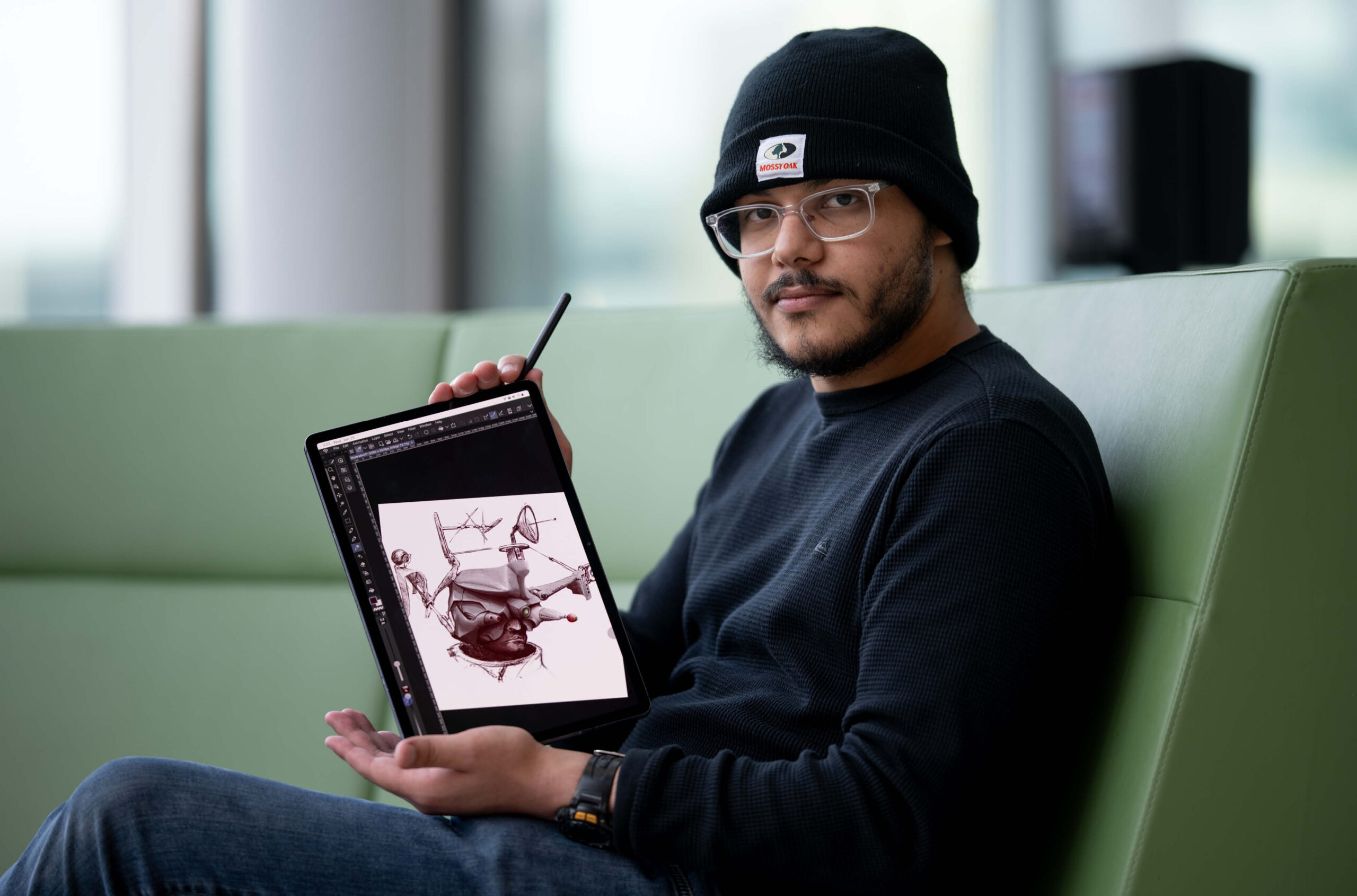
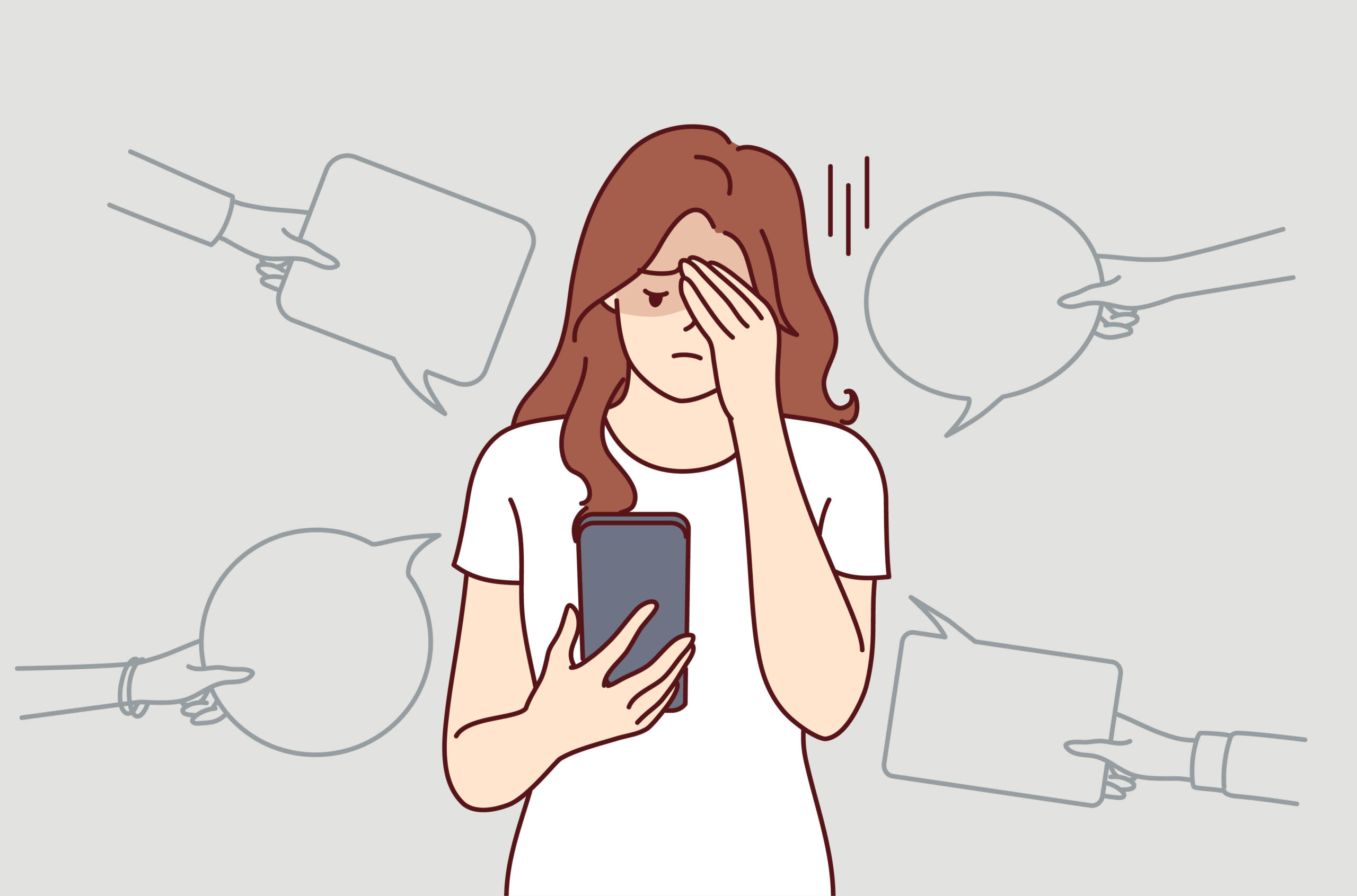

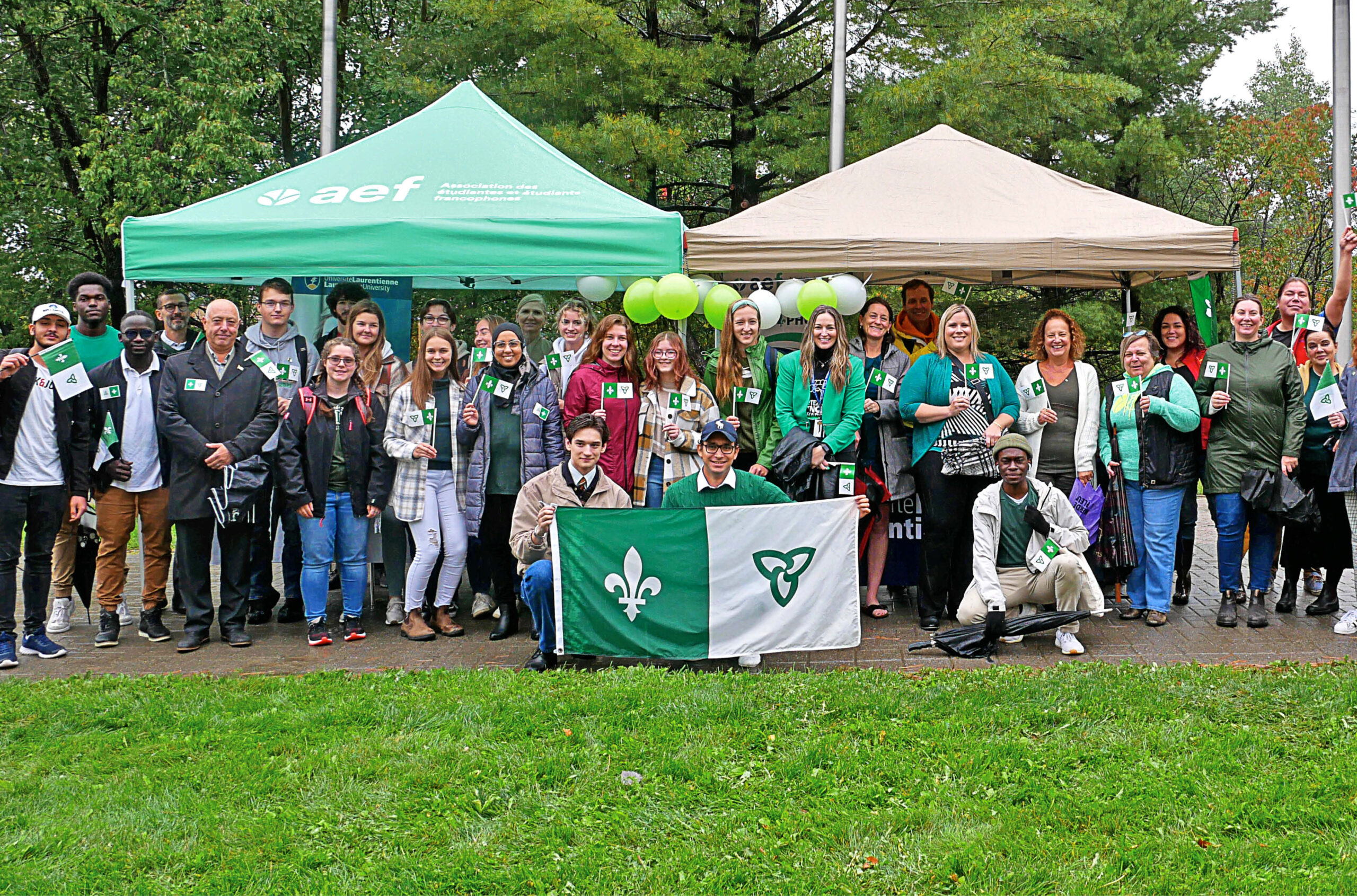




Post a comment
University Affairs moderates all comments according to the following guidelines. If approved, comments generally appear within one business day. We may republish particularly insightful remarks in our print edition or elsewhere.
1 Comments
Back in June 2017, a UofT prof said, “YouTube might be the biggest revolution in human communication since the printing press . . . It’s the first time in human history where a lecture can have the same longevity and force – maybe more force – than a piece of written material. If 3,000 people have read my book, Maps of Meaning, it would be a shock to me, including my students. But I did a talk on Nietzsche and Dostoyevsky that had 100,000 views.” Dr. Jordan B. Peterson’s class lectures are highly relevant and engaging, and are receiving tons of views. Surprised you didn’t mention him in your article, since it’s so entirely related to what Dr. Reynolds recently did.